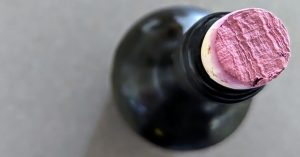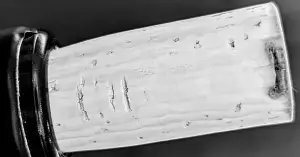
It’s an unpleasant surprise to sniff a rich bouquet of fruits in your glass of wine and take a confident sip that delivers an intensive burst of flavor, only to have a nasty bitterness settle in your mouth. What’s going on? Why’s your wine bitter?
If you taste bitterness after you swallow a sip of wine, you’re tasting the alcohol in what’s called the wine’s finish. You’re more likely to taste bitterness after swallowing if the wine’s high alcohol (over 13% ABV). You will also taste bitterness if the wine is out of balance, even in lower alcohol wines. Well made wines will taste like fruit, flowers, or other pleasant flavors after you swallow, and won’t be bitter.
Read more to learn about the wine’s finish, how to buy wines that aren’t bitter, and what to do if you have a bitter wine.
Why Is My Wine Bitter After Swallowing?
Alcohol tastes bitter. Take a sip of tequila or vodka and it’s really bitter.
That’s the alcohol.
Hard liquor and spirits have more alcohol than the average bottle of wine, so it’s easy to taste. A bottle of wine is anywhere from 5% to 22% alcohol.
A wine’s bitterness from the alcohol will be less apparent in lower alcohol wines and more obvious in higher alcohol wines.
Tip: Many people think tannin is bitter, when in fact it’s a tactile sensation in your mouth. Learn how to taste tannin with this helpful post.
Wines that aren’t well integrated, meaning that the flavors, acid, tannin, and alcohol don’t come together harmoniously, can have a bitter finish. In well-made wines, the finish ends in pleasant flavors, not bitterness.
Tip: All wines come from fermentation. Learn more about how wine fermentation works with this post.
What Is a Wine’s Finish?
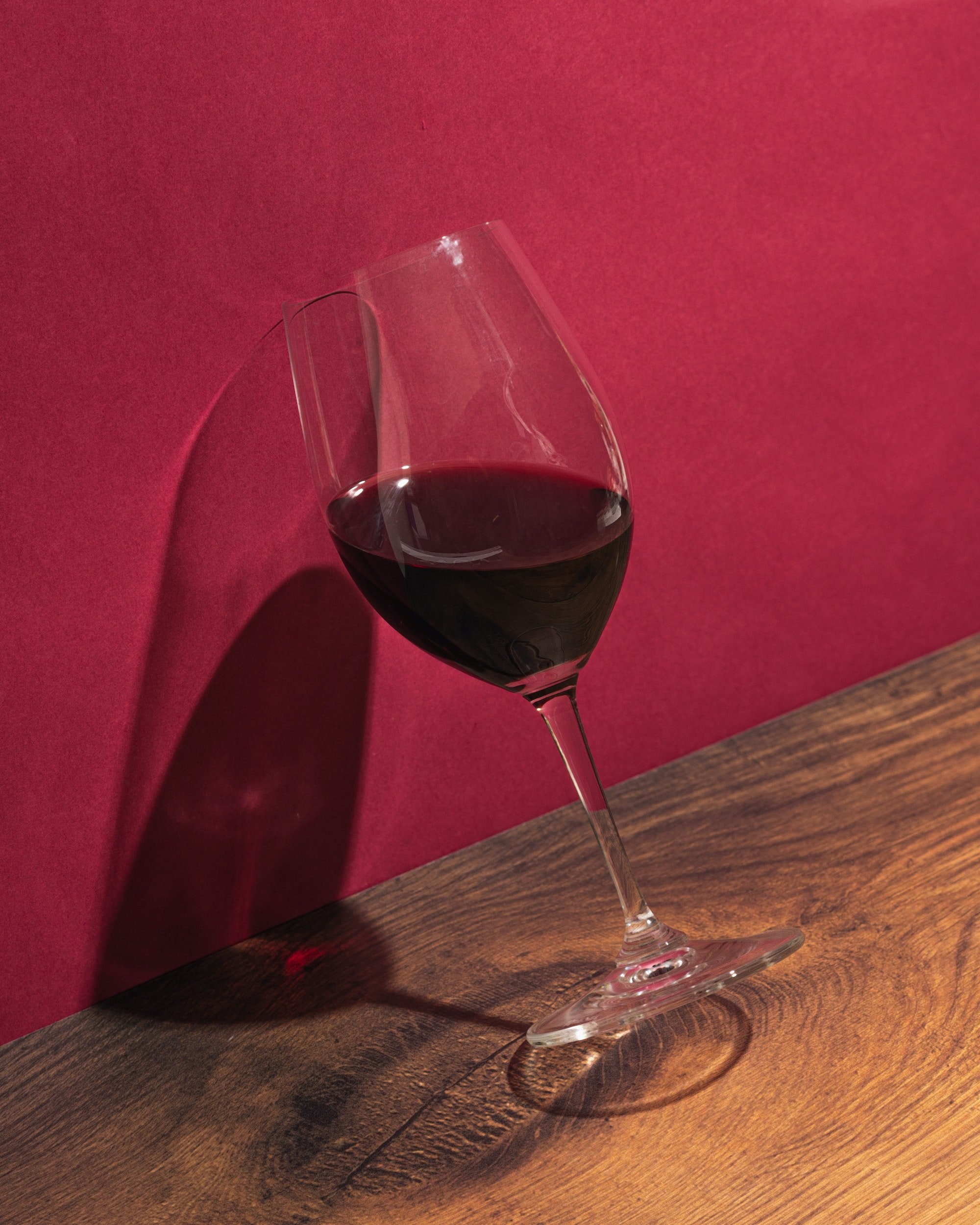
The finish of the wine is how it tastes after you swallow. All wines have a distinctive finish. Some wines end on fruit, like cherry or apple. Other wines have a more floral finish, like white blossom or violet. Still other wines have toast, vanilla, or even mineral notes. A wine’s finish will depend on the grapes, the wine’s age, and the winemaking techniques.
Your wine’s finish may taste like this:
- Floral notes – like lavender or rose – good
- Fruit – like apple, citrus, cherry, or plum – good
- Sweetness – from sugar in the wine – good
- Herbs – like grass or hay – good
- Spice – like cinnamon or cloves – good
- Smoke – like mocha, coffee, or toast – good
- Butter – common in Chardonnay – good
- Bitterness – Out of balance
- High acid – like sourness – Out of balance
- Funk or mold – the wine’s faulted – bad
- Barnyard – the wine’s faulted – bad
- Mouse Urine – the wine’s faulted – bad
The best wines in the world have long, lingering finishes that can last for several minutes. Imagine taking a sip of wine and still tasting intense fruit, savory spices, or delicate mineral notes for several minutes. A drawn out finish is one of the most intoxicating qualities in an epic bottle of wine.
Tip: Check out this helpful post on how to identify red wine flavors.
Are Bitter Wines Safe to Drink?
Bitter wines are still perfectly safe to drink. Bitterness is your mouth’s flavor receptors warning you that something may be poisonous.
Humans evolved bitter taste receptors to keep us safe from eating dangerous plants. In the case of bitter wine, your tastebuds are trying to protect you from something that could be harmful.
Do All High Alcohol Wines Taste Bitter After Swallowing?
No, not all high alcohol wines taste bitter after you swallow. Well-made, higher-alcohol wines will taste full-bodied and rounded in the mouth. The alcohol may even give the wines a hint of sweetness.
Even though these wines have high alcohol, the wines finish on the fruit, spice, or floral notes with a pleasant finish.
You’ll know the wine is well-made if you take a sip and keep tasting luscious or savory flavors.
What Wines Aren’t Bitter?
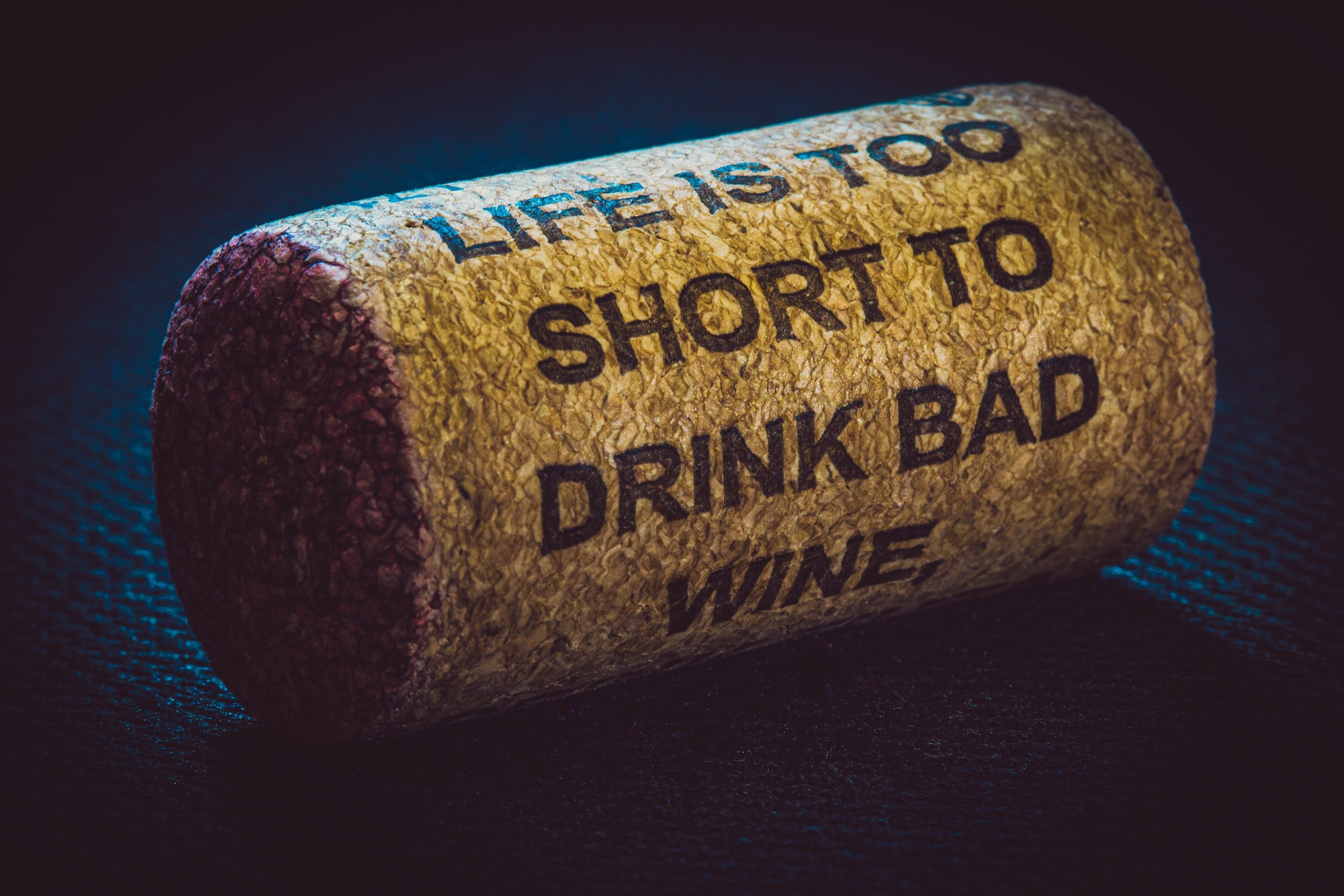
Many wine styles are made in a way that minimizes any bitter qualities.
Look for refreshing Moscato d’Asti from Italy or Riesling Kabinett from Germany. New Zealand Sauvignon Blancs are another good choice.
For red wines, seek out velvety Amarone or a crunchy Lambrusco from Italy. Another good tactic to avoid bitterness in wine is to buy wines under 13% ABV.
Want to avoid bitter wines? Here are some winning wines that usually have a pleasant fruit finish.
- Riesling Kabinett – White Wine
- Sevre et Maine – White French Wine
- Moscato d’Asti – White Italian Wine
- Amarone della Valpolicella – Red Italian Wine
- Prosecco – Sparkling Italian Wine
- New Zealand Sauvignon Blanc
- Orvieto – White Italian Wine
- Torrontes – White Argentinian Wine
- Vin Doux Naturel – Red or White French Fortified Wine
What Wines Are Bitter?
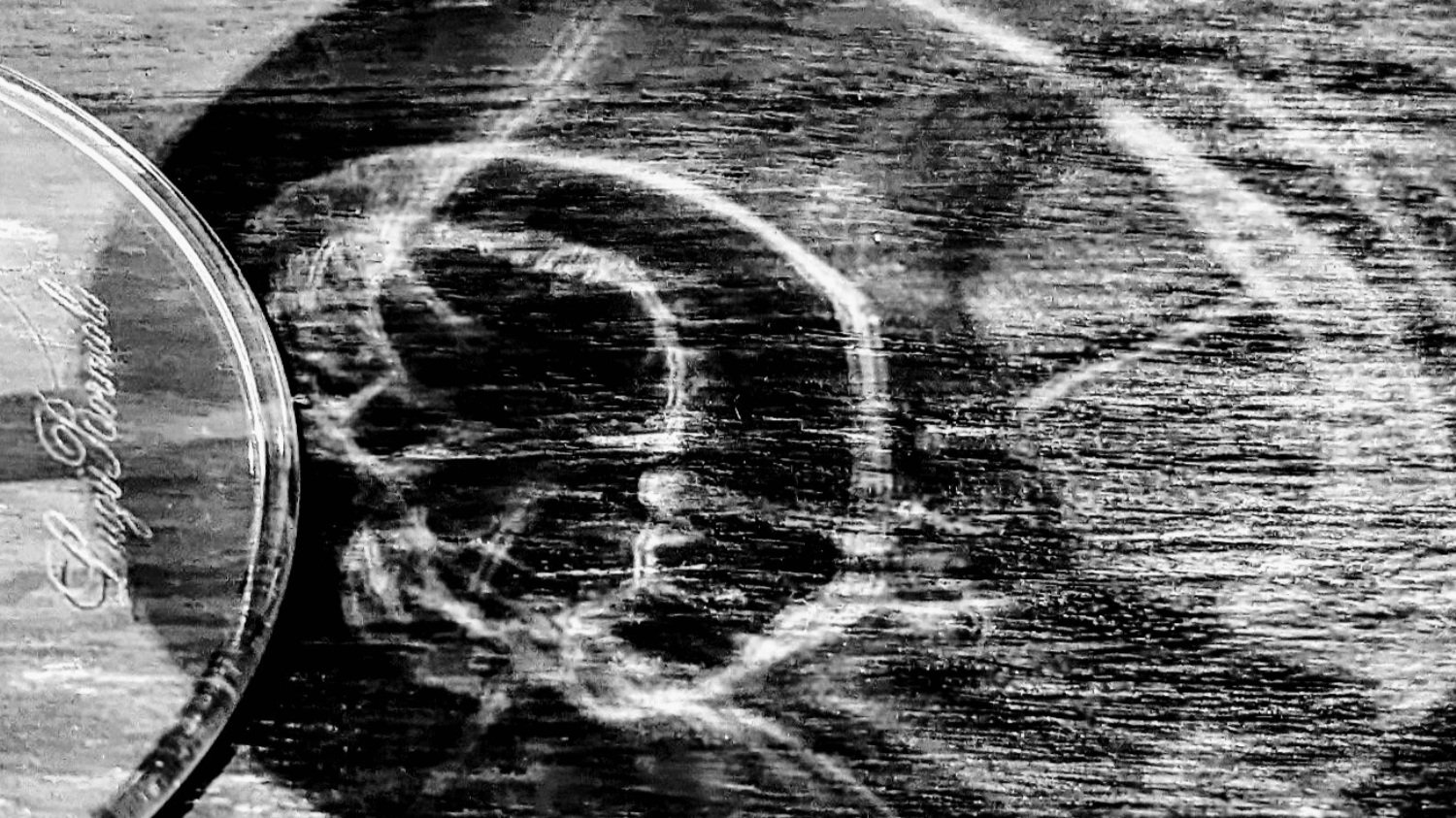
Bitterness in wine isn’t limited to one style of wine. Bitterness is linked to alcohol, so higher alcohol wines that come from warmer growing regions are more likely to taste bitter.
Bitterness is also linked to winemaking.
Less expensive wines that use grapes with less flavor concentration may taste more out of balance with noticeable bitterness. The yummy flavors fade in your mouth before the alcohol on the wine’s finish and the wine tastes bitter.
High alcohol, inexpensive wines that can taste bitter:
How Do You Get the Bitter Taste Out of Wine?
If you have a bottle of wine that’s too bitter for you, pour off ½ cup (100 ml) of the wine and mix in ½ teaspoon (3 grams) of sugar into the wine until dissolved. Pour the wine back into the bottle and mix gently.
You can experiment by adding more sugar ½ tsp at a time if the wine’s still too bitter for you.
Winemakers manipulate wines to change their flavor profile, including bitterness. The winemaker can add a little sweet grape juice, grape juice concentrate, or sugar to the wine to mask the bitterness.
Helpful Tip: Check out this helpful article on how long wines stay fresh.
If you use this strategy to make your wine taste less bitter, plan on drinking your wine within 2 days. Mixing the wine up like this will add oxygen and cause it to lose freshness faster.
Thirsty for More?
Is your wine bitter? Or astringent? Here’s how you can find out.
Sweetness, the opposite of bitterness, plays just as important a role in wine styles and wine quality. Check out how you can easily determine a wine’s sweetness with this helpful post.
Here’s a full post on how to make your glass of wine taste less bitter.


